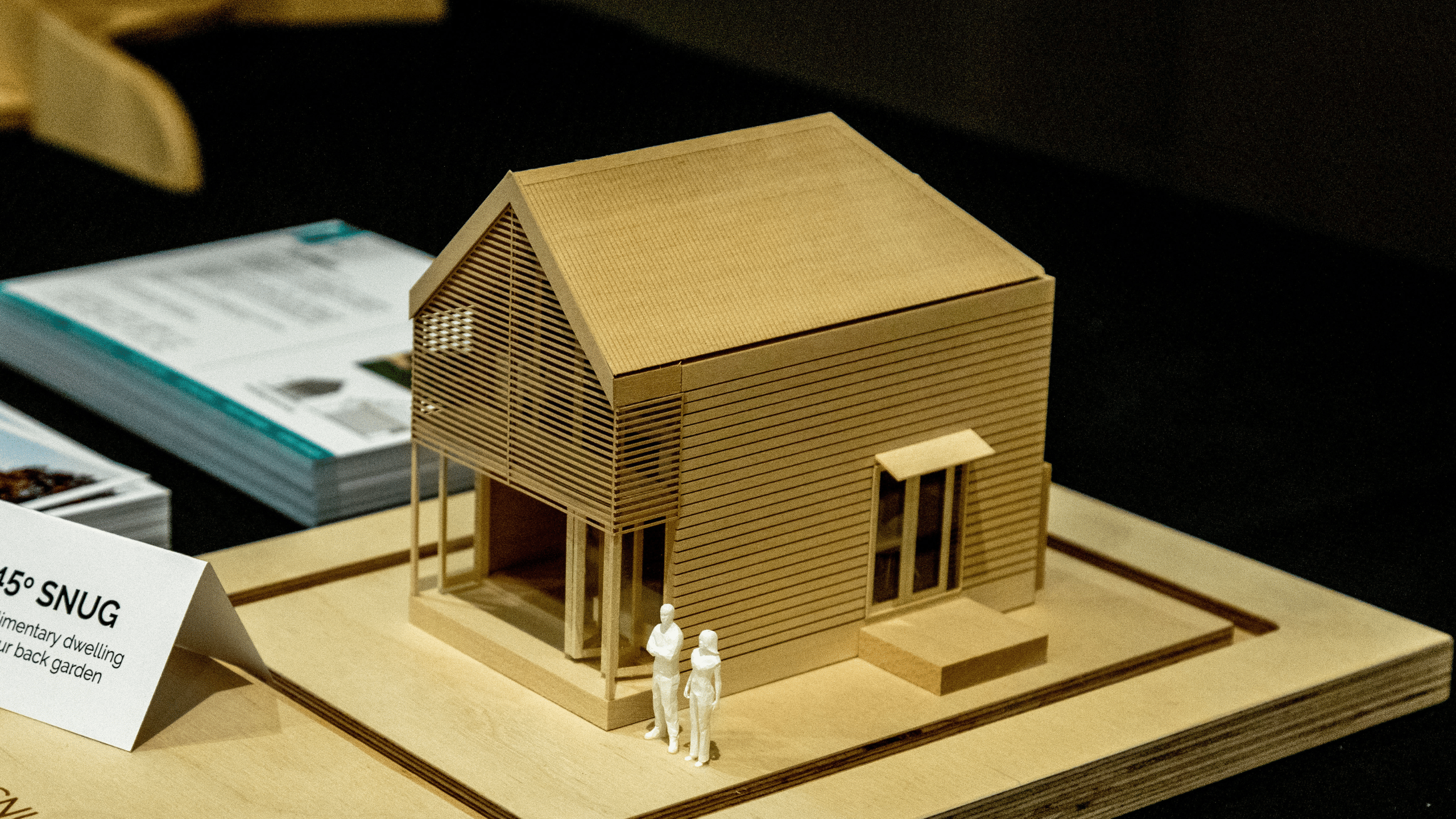Rod Fehring is a revered name in the Australasian property industry, with 37 years of experience in the Australian property development industry in Australia, and for short periods in the UK and the USA. He was Executive General Manager, Residential, at Australand before it was acquired in 2014. He subsequently assumed the role of Chief Executive Officer of Frasers Property Australia, stepping down from the role in October 2020.

Rod sits on the board of directors of Frasers Property Australia as Executive Chairman and serves as Executive Chairman for the management boards of Frasers Property Industrial and Frasers Property UK.
Prior to joining the Group, Rod held leadership roles including Managing Director and Chief Executive Officer of Lend Lease Primelife and Chief Executive Officer of Delfin Lend Lease. He has also held a variety of industry association and pro-bono positions with the Property Council of Australia, Green Building Council and Mission Australia Housing and was a trustee for the MGG Trust Melbourne (1998-2007).
We are very fortunate to be welcoming Rod to our shores for the upcoming Residential Development Summit, taking place in Auckland on Thursday 9 March, where he will be speaking on ‘Residential done well’, offering attendees a glimpse into what led Frasers Property Australia to be named one of the Australian Financial Review’s Sustainability Leaders for 2022, as we step inside the urban neighbourhoods Ed Square and Midtown MacPark.
We caught up with Rod pre-Summit to ask him what he believes have been the three most significant changes or challenges of 2022 for the residential property market, and how he has met those challenges…
- The end of the “lower for longer” cost of debt cycle. The rising cost of debt for households has always triggered demand reduction, supply constriction and loss of confidence to invest. It has also been the primary trigger for recessionary conditions to emerge and prevail. What has been unusual in this cycle is how unexpected it has been from a Central Bank perspective and how rapidly interest rate rises have been deployed. Residential markets are in the direct firing line. So, businesses involved in the market must adjust how they operate. What that means is what I would like to talk about.
- Supply chains, coupled with ongoing labour shortages and demand side stimulus rolled out by Governments around the world have created a perfect storm. Impact on the development and construction industry along with other industries where making something is the primary source of economic activity is intense. Try buying a new car for example. Builders are baring the full force of this impact which is driving many into administration. But so too are consumers. What lessons could we take away from this experience that may prepare us for what comes next.
- Housing has always been central to the wellbeing of households. Households have changed enormously over the last 35 years. But the housing system is a slow responder to changes in demand both in the short and long term. Planning processes play a part but so too does the structure of the construction industry and its systems. The dynamics of the property market also play a role in shifting the demand for different forms of property as consumer behaviour changes. Witness the rise of e-commerce driving the growth of the industrial & logistics market all in response to changes in household consumption patterns. Home will always be a haven but how can we make it more accessible for emerging generations.
Save your spot
Hear more from Rod Fehring at the Residential Development Summit 2023, on 9 March 2023 in Tāmaki Makaurau Auckland.
Register Now
